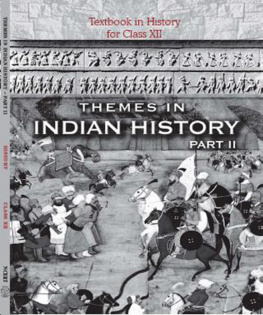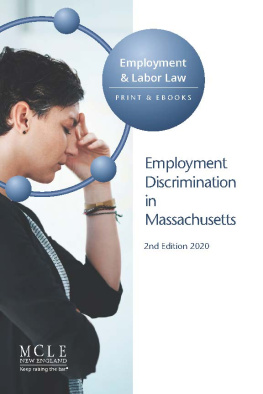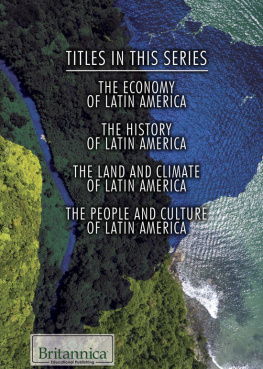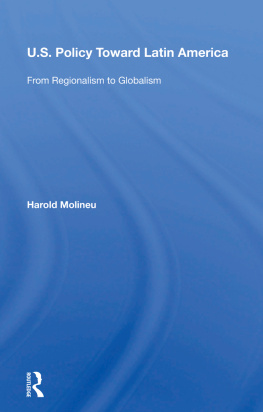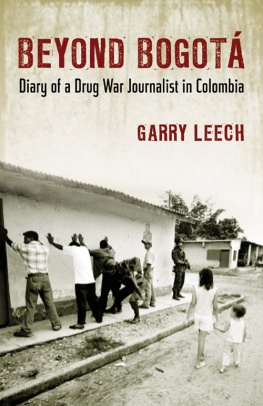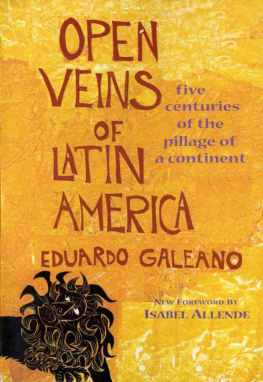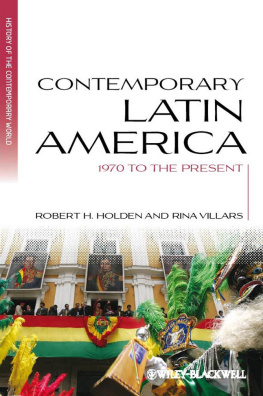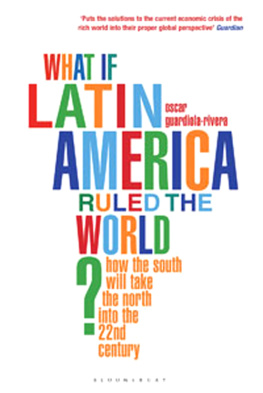Various - Bogotá 39: New Voices from Latin America
Here you can read online Various - Bogotá 39: New Voices from Latin America full text of the book (entire story) in english for free. Download pdf and epub, get meaning, cover and reviews about this ebook. year: 2018, publisher: Oneworld Publications, genre: Detective and thriller. Description of the work, (preface) as well as reviews are available. Best literature library LitArk.com created for fans of good reading and offers a wide selection of genres:
Romance novel
Science fiction
Adventure
Detective
Science
History
Home and family
Prose
Art
Politics
Computer
Non-fiction
Religion
Business
Children
Humor
Choose a favorite category and find really read worthwhile books. Enjoy immersion in the world of imagination, feel the emotions of the characters or learn something new for yourself, make an fascinating discovery.

- Book:Bogotá 39: New Voices from Latin America
- Author:
- Publisher:Oneworld Publications
- Genre:
- Year:2018
- Rating:3 / 5
- Favourites:Add to favourites
- Your mark:
- 60
- 1
- 2
- 3
- 4
- 5
Bogotá 39: New Voices from Latin America: summary, description and annotation
We offer to read an annotation, description, summary or preface (depends on what the author of the book "Bogotá 39: New Voices from Latin America" wrote himself). If you haven't found the necessary information about the book — write in the comments, we will try to find it.
Bogotá 39: New Voices from Latin America — read online for free the complete book (whole text) full work
Below is the text of the book, divided by pages. System saving the place of the last page read, allows you to conveniently read the book "Bogotá 39: New Voices from Latin America" online for free, without having to search again every time where you left off. Put a bookmark, and you can go to the page where you finished reading at any time.
Font size:
Interval:
Bookmark:
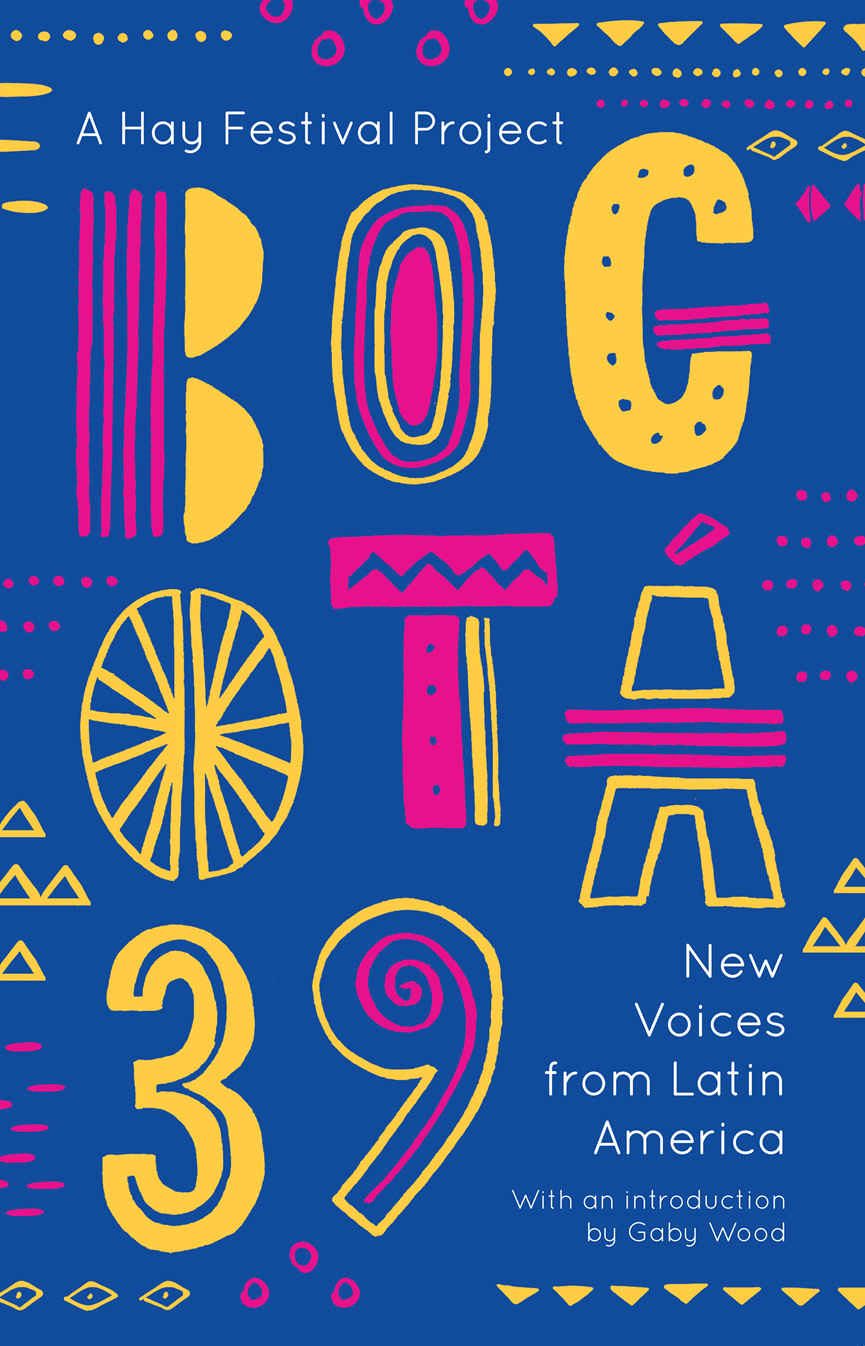
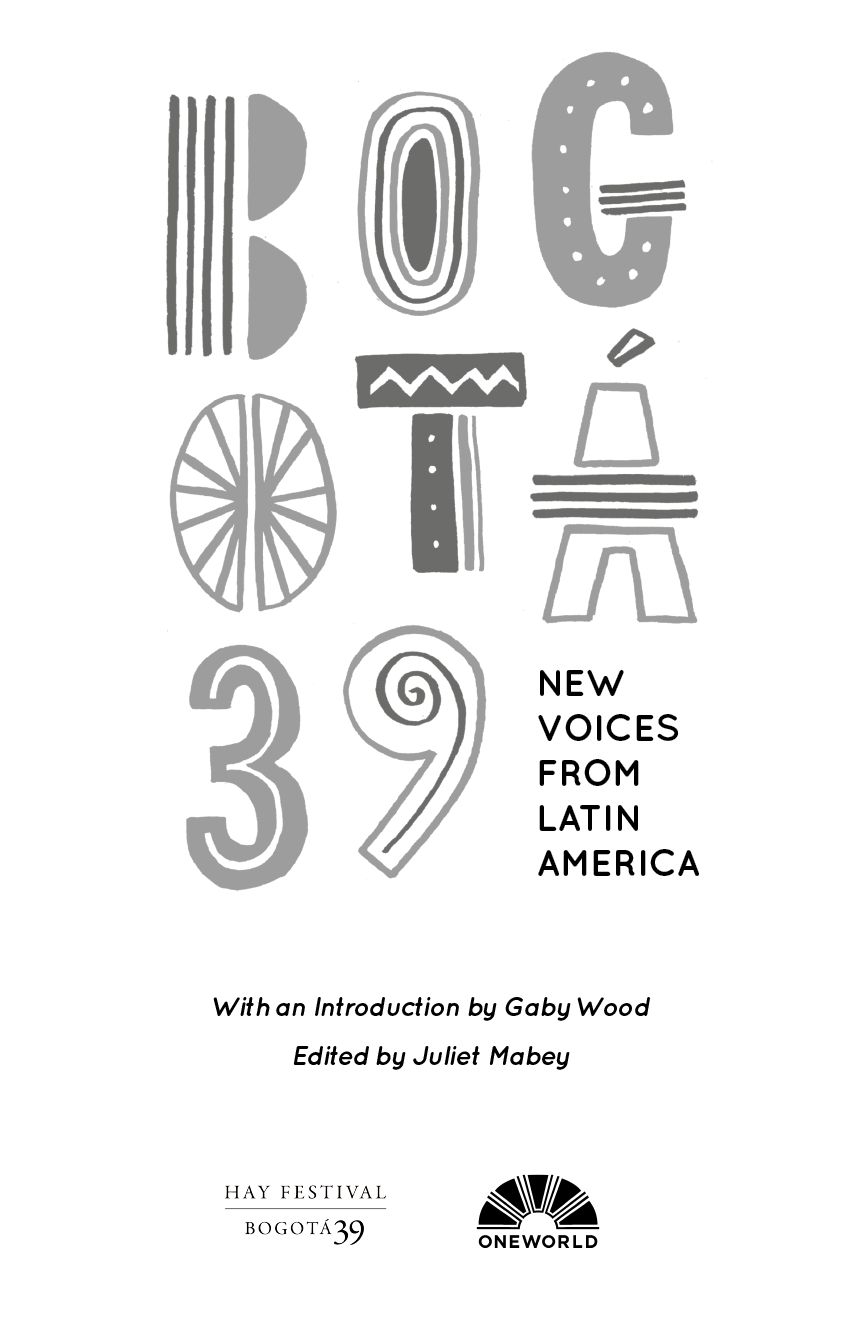
This selection by the Hay Festival of thirty-nine of the best Latin American fiction writers aged under forty aims to celebrate great literature and boost the quality and diversity of literary production on the continent.
This is the second selection of rising literary stars of Latin America, and celebrates the tenth anniversary of the first Bo got , published as part of the 2007 Bogot World Book Capital event. That publication created considerable interest and led to a greater dissemination of the work of the thirty - nine writers selected, raising their profile both within their countries of origin and around the world.
We asked the authors selected for the first Bogot 39 volume a decade ago to recommend authors for Bogot 39 2017 . In addition, after an open survey of more than eighty publishers, writers and literary critics in Latin America, a further 200 names were added to the list. The final selection for this volume was made by the judges Daro Jaramillo (Colombia), Leila Guerriero (Argentina) and Carmen Boullosa (Mexico), who read and discussed the work of the proposed authors before producing the definitive list you will find here. Our thanks go to all those who assisted us in the selection process.
Cristina Fuentes La Roche
In t e r n a t i o nal Direc t o r, H a y Fe s t i v al
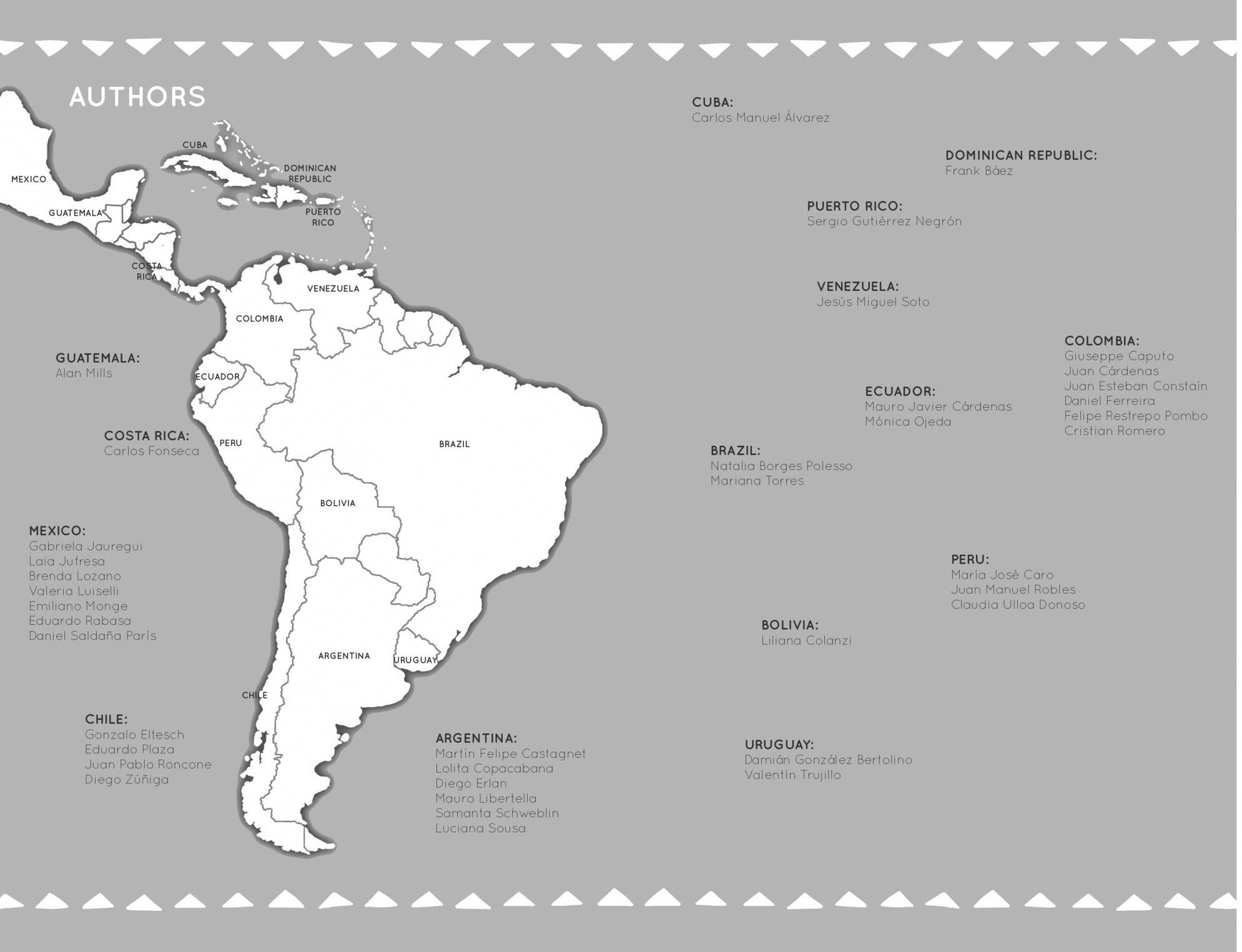
The whole time, the jungle has done nothing but contradict their expectations, Carlos Fonseca writes in his story The Southward March, included in this volume. Where they supposed theyd find naked natives, instead there are men wearing rock band T-shirts.
Something similar might be said of this collection of thirty - nine young Latin American writers. If, to the world at large, the equivalent of naked natives is the magical realist tradition in literature, then the myriad styles and subjects the sheer range of imagination gathered here will show the confidence with which these writers have felt free to depart from it.
In the past couple of decades, many Latin American authors have felt that the generation that came to prominence in the sixties had a lot to answer for. The Boom, a movement that brought together such writers as Julio Cortzar, Gabriel Garca Mrquez, Mario Vargas Llosa and Carlos Fuentes, was born in Paris. In a sense, it was a European story before it was a Latin American story, and thats how word came to be spread. Vargas Llosa, a Peruvian, later commented drily that he didnt realize he was Latin American until he moved to France: the continent in question being so vast, such a multi - national grouping made little sense until it was forged elsewhere, returning to its various roots fully - formed .
Those writers are still more widely read internationally than any of their younger compatriots with the exception, perhaps, of Roberto Bolao but by the nineties, a backlash was under way. Playing on the word Boom, a group of Mexican novelists announced themselves as a new sound: the Crack generation. Among them were Jorge Volpi and Ignacio Padilla, and their assertion was, broadly, this: magical realism has become a ghetto. Just because were Latin American, they said, that doesnt mean we have to write about levitating priests and blood that travels with a mind of its own. What if were interested in Adolf Eichmann, or chess, or Nazi mathematicians? Cant we help ourselves to those subjects?
The road they paved, long ago, is now so well - travelled the question need no longer be asked. In this book youll find a middle - class Brazilian woman so down on her luck she finds herself eating food out of a rubbish bin (Natalia Borges Polessos Perhaps an Animal). Youll read about an encounter between G.K. Chesterton and Benito Mussolini (by Juan Esteban Constan), and a pregnancy test taken in a Wendys fast food restaurant in Puerto Rico (by Sergio Gutirrez Negrn). Eduardo Rabasas single - paragraph story Suffering Creature delivers PTSD sex with strangers in a semi - stream of consciousness. Juan Manuel Robles imagines a near - future in which astronomers digital voyeurs somewhere between hackers and CCTV cameramen can send you hundreds of aerial photographs taken of you on any given day.
There is a broad range of writing even within what one might loosely link with magic. In Marina Torress story Roots, an emigrant girl grows plant shoots from her body. In Mnica Ojedas Papis False Teeth, a woman treasures her dead fathers dentures like a trophy or a pet, triggering a strange disorder of remembrance. In Liliana Colanzis Chaco, a young child murders a Mataco, or indigenous Bolivian, before going on to kill others. We meet a psychic in mourning for her father (Recording 1), and a couple of teenage boys witnessing a miracle in Ecuador (Mass Delusion in Cajas). In Giuseppe Caputos novel An Orphan World , a father tells his son stories about life on another planet in order to encourage the boy to see magical qualities in himself.
The tone of these texts ranges from loose and chatty to poetic, fabular, funny or even feral. They are brought to you by some of the best translators of their time, who are deft and modest, often finding ingenious ways to solve word - play puzzles. They are excellent listeners as well as elegant stylists.
Many of these writers will be new discoveries to the English - speaking world. Yet its worth knowing that they are, as a group, not rarefied finds: thirteen have already been translated into other languages. Though they are all under the age of forty, a few are very well - established . Valeria Luiselli, a Mexican writer whose virtuosically witty story Fictio Legis, translated by Christina MacSweeney, is published here, is already highly respected in the US and the UK for her succinct, sly prose. Laia Jufresas exceptional debut novel Umami , translated by Sophie Hughes and extracted here, was published in the UK last year. Samanta Schweblin, an Argentinian, was shortlisted for the Man Booker International Prize in 2017 with her taut novel of dread, Fever Dream . Here, she contributes An Unlucky Man, translated by Megan McDowell, a perfectly paced story that is both creepy and companionable.
Altogether, this selection is not just a sampling but a collective pleasure, and if it doesnt tell a single story about the direction in which Latin American fiction is heading, its many destinations are to be celebrated all the more.
Gaby Wood
Li t e r a r y Dire c t o r of the B o o ker Prize Found a t ion
Im twenty-two, Ive straight black hair and a thin nose. Im over six feet tall. The child of divorced parents. My dad lives in Miami, he left a few months ago, and my mums still hibernating with my little sister in some sickly town in central Cuba. I visit them for the weekend every six weeks or so, but we talk on the phone practically every day. Im pretty much always hungry, though thats nothing special; most young Cubans are always hungry.
Young Cubans all have the same anaemic complexion you get from unsatisfied hunger, the same dry skin, the same sort of ashen expression, the same languid gestures and carefully cultivated joie de vivre an insistent happiness that contradicts everything else. A young Cubans life is spent swimming against their bodys current.
Font size:
Interval:
Bookmark:
Similar books «Bogotá 39: New Voices from Latin America»
Look at similar books to Bogotá 39: New Voices from Latin America. We have selected literature similar in name and meaning in the hope of providing readers with more options to find new, interesting, not yet read works.
Discussion, reviews of the book Bogotá 39: New Voices from Latin America and just readers' own opinions. Leave your comments, write what you think about the work, its meaning or the main characters. Specify what exactly you liked and what you didn't like, and why you think so.



